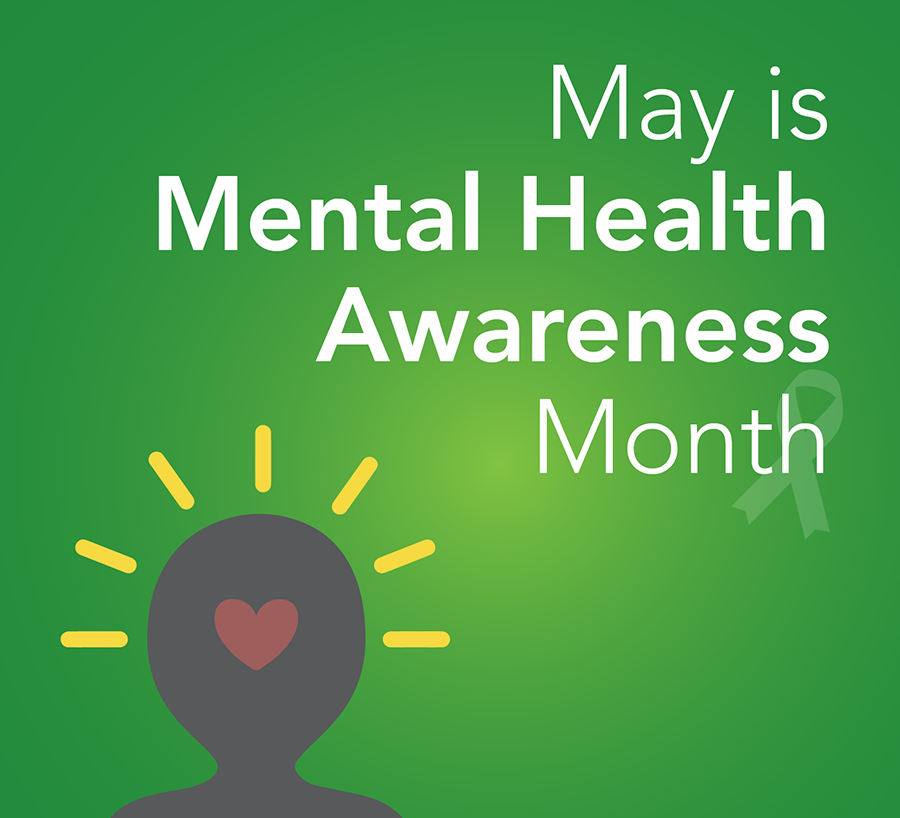By V.S. Santoni
The month of May serves as a poignant reminder to spotlight the importance of understanding and supporting mental health, particularly within the Black community. As we observe Mental Health Awareness Month, it’s essential to address the unique challenges and disparities faced by Black people in accessing mental health care and resources.
According to the Centers for Disease Control and Prevention (CDC), mental health encompasses our emotional, psychological, and social well-being, shaping how we navigate life’s challenges and interact with others. However, systemic barriers often hinder equitable access to mental health services for Black individuals, perpetuating disparities in care and outcomes.
Tragically, suicide emerged as the third leading cause of death among Black youth aged 15 to 24 in 2020, with alarming rates among males. Despite the overall lower suicide rate compared to non-Hispanic whites, Black adolescents face disproportionate challenges in accessing mental health support.
The impact of socioeconomic factors, such as poverty, exacerbates mental health disparities within the Black community. Individuals living below the poverty line are more likely to experience serious psychological distress, highlighting the urgent need for targeted interventions and support systems.
Data from the CDC underscores the disparities in mental health care access, with fewer African Americans receiving essential services compared to their white counterparts. These inequities underscore the need for culturally competent care and inclusive support systems that address the unique experiences and challenges faced by Black individuals.
Breaking the stigma surrounding mental health in the Black community requires collective action and advocacy. By amplifying awareness, promoting dialogue, and fostering culturally responsive care, we can dismantle systemic barriers and empower Black individuals to prioritize their mental well-being.
As we honor Mental Health Awareness Month, let us recommit ourselves to advancing Black mental health equity and creating environments where all individuals feel seen, heard, and supported in their journey towards healing and resilience. Together, we can build a future where mental health is recognized as a fundamental pillar of overall well-being for Black communities.
Copyright 2024 TNTRIBUNE, All rights reserved.


